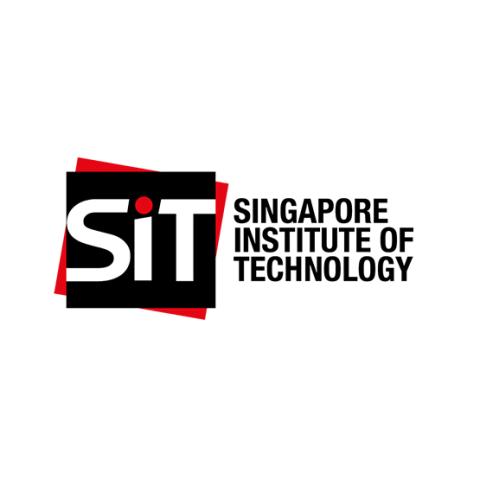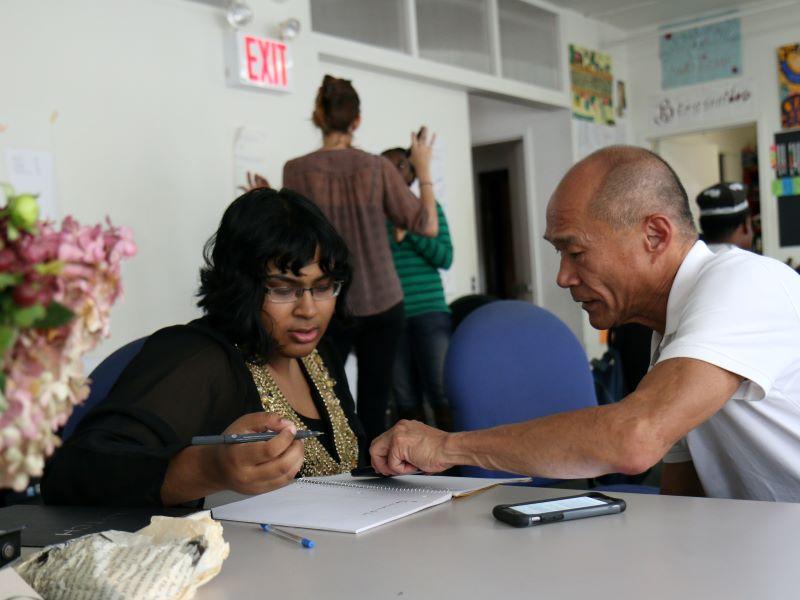
How to coach in-employment lifelong learners for success
A team from Singapore Institute of Technology offers insights from working with in-employment learners who are seeking to upskill by studying for degrees
You may also like
Popular resources
Lifelong learning is crucial in today’s rapidly evolving world, enabling individuals to adapt to new technologies, industries and societal changes. However, for many lifelong learners, the reality of juggling work responsibilities and personal commitments – such as to their families – can be challenging, even more so when academic ambitions are thrown into the mix. Understanding these challenges and how to overcome them might empower learners to develop much-needed resilience and take ownership of their academic journeys.
This article is shared from a success coaching perspective at the Singapore Institute of Technology (SIT), where we work. Below, we offer some insights from journeying with in-employment learners who are on an upskilling pathway studying for degrees through competency-based, stackable microcredentials.
Time management and academic challenges
Time management is mentioned more than anything else in our coaching conversations with learners. The crux of the matter is finding the right balance between the different commitments in their lives. Many learners are in full-time jobs, with fixed or shift-based work schedules, leaving unimaginably small pockets of time to cater to assignments, lectures, group work and their personal lives.
- Resources on lifelong learning
- Learning to learn: developing students into effective lifelong learners
- How we can use AI to power career-driven lifelong learning
To overcome this, a “few-pronged” strategy is required. The first step is to develop a clear and achievable academic plan – how much to do, when to do it and how to do it. Learners will also need to understand their limitations and unique circumstances, temper their ambitions and re-prioritise their life goals and non-critical/non-work commitments. Go too fast and learners risk burnout, affecting more than just their studies. Go too slow and they risk complacency and lack of motivation.
Harnessing time-management techniques such as the Pomodoro Technique and leveraging digital tools, integrated calendar apps and task-management software will help learners organise their academic, personal and work schedules.
Another strategy is having a systematic approach, adaptive mindset and discipline in task management and prioritisation. Learning to identify crucial deadlines and examinations will allow the learner to develop a schedule for study, work and play.
Being able to step up to the rigour and complexity of university studies is another concern. Learners are encouraged to reach out to academic staff and to build learning communities to learn better together.
Environmental factors: learning and working environments
The learning environment is something most learners underestimate as a crucial factor for success. While some learners report having private and conducive spaces to study, many report that they only have shared rooms or common spaces, which might be unconducive for quiet studying. These learners have rationalised that studying at their dining tables, at cafes or even staying back to study at their work locations are the best solutions for them. Establishing a regular study space and a routine that works within or outside of family arrangements is key to success.
To work towards a supportive work environment, having open conversations with employers about their aspirations and commitment to study while working is important. Learners are encouraged to share their plans on how they will balance their work responsibilities and academic commitments. Having regular conversations, seeking feedback and finding strategies to be productive at work and study can be helpful.
Well-being challenges
Many learners report some form of personal issue that might have a direct impact on their programme completion. These range from family issues to health-related issues that could affect learners’ mental health, focus and motivation.
Our immediate advice to learners with potential mental health issues is to gain knowledge of the counselling services provided by their universities and the professional services they can be referred to. Health-related issues can be tricky and might require learners to take breaks in their academic schedules or reconsider their candidatures entirely. As a first step, an open conversation is required to understand the extent of the issue. From there, further academic support can be rendered.
Stress and burnout are two other common concerns. While learners share that they have coping mechanisms, the constant balancing act might take a toll on their resilience or mental and physical health, affecting their productivity and performance. To help overcome this, we advocate creating a success plan, customised according to each learner’s strengths and personal and work commitments. We also encourage adequate opportunities for rest, exercise and good nutrition. This might seem obvious, but long periods of over-commitment without rest can lead to burnout and physical or medical problems.
Conclusion
Undertaking a tertiary education programme, while commendable, is an endeavour that demands resilience, commitment and tenacity. Often, lifelong learners embark on such programmes without fully understanding the rigour required of them and struggle or even bow out, often just before the finish line.
By making students aware of these challenges and acknowledging any limitations, learners can understand how and where to seek support and resources to aid them in their academic journeys. Collaboration between the institution, employers and learners is also crucial in shaping an environment where learners can succeed.
Though there isn’t a cookie-cutter template to support learners, empathy and encouragement should be universal and, with that, we can foster an inclusive landscape that embraces the diverse requirements of all learners.
Chow Peck Chee and Julian Matius are success coaches, and May Lim is associate professor and assistant provost (applied learning), all at Singapore Institute of Technology.
If you would like advice and insight from academics and university staff delivered direct to your inbox each week, sign up for the Campus newsletter.





Comments (0)
or in order to add a comment